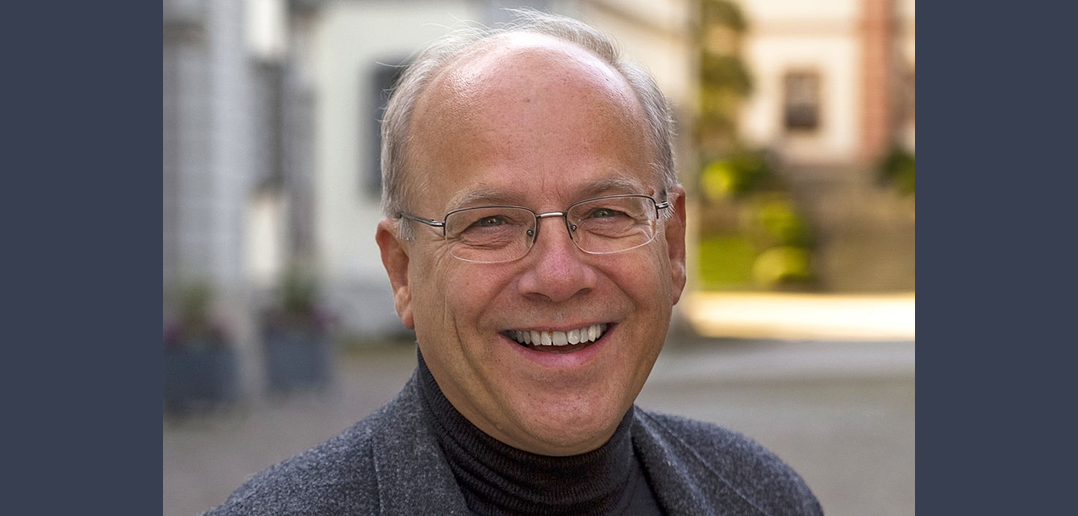
On 25 May 2015, the official website of the German bishops, katholisch.de, reported on an interview given by the notable German Jesuit, Father Klaus Mertes. In his interview, originally given to the German newspaper, taz, Mertes claims that it took the Catholic Church in the West 200 years to get “where we are now” with regard to the question of homosexuality. He continues: “In Africa or South East Asia, people are still at a very different point. The fight for the rights of the homosexuals is a world-wide project for which it is thus worth remaining in the Church.” In order to make the way free to a new assessment of homosexuality, Mertes proposes that the Magisterium “reflect upon sexual morality in light of charity, and not in light of a notion of nature which considers the marital act in an isolated way, without taking into account the different [sic] contexts.” In his eyes, Catholic sexual morality “is stuck in a fixation.”
This is an argument that was to be found repeatedly, if less explicitly, during the recent discussions surrounding the synods on marriage and the family, namely: to separate the marital act from its procreative aspect. If the marital act is not morally bound to the procreation of new life, homosexuality, so some think, could more easily come to be considered not really sinful. For example, the well-known German theologian Stephan Goertz proposed in 2015:
In biblical times, says the theologian [Goertz], “procreation was the first God-given purpose of sexuality.” At that time, “sexuality had as its first purpose to secure the survival of the people”; however, “that is obviously not any more our situation, and that, since the [Second Vatican] Council, it has also not been any more our own moral teaching on sexuality.”
Returning to Father Mertes, it is important to note that he also explicitly proposes the idea that the Catholic Church now “truly take seriously the matter of homosexuality in light of the question of human rights.” He continues: “She [the Church] should make use of her world-wide influence so that the most elementary rights of homosexuals would be secured everywhere….” Mertes is “indignant that the Church is so quiet in this matter [of homosexuality], while she, more fortunately, raises her own voice on other topics that defend certain fundamental human rights.” The German Jesuit also shows sympathy for those homosexuals who leave the Church because she has not changed her attitude toward them fast enough: “I have respect for that, when homosexual persons say that and, therefore, come to leave the Church,” he adds. Mertes is also very happy that in Ireland, finally, “after a decade-long fight” there now takes place (with the legal approval of same-sex “marriages”) “an opening up to the rights of the homosexuals. That is the only way it works [sic]. Processes have to take place from within, only then are they sustainably effective.”
These last words of Father Mertes likewise remind us very much of the Gramscian methods of changing a culture from within, as Catholic journalist Edward Pentin also recently quoted one Church official as saying. I referenced this comparison in April when citing a report from Pentin on the application of Amoris Laetitia:
“It’s very Gramscian,” said one Church philosophy scholar, referring to the 20th-century Italian Marxist who advocated spreading Communist ideology [and “cultural hegemony”] through cultural infiltration. “The defiance of traditional orthopraxy is also an attack on orthodoxy, for every principled change of practice necessarily entails a change in principles.”
It would appear that comments such as those made by Fr. Mertes (and Stephan Goertz) are increasing in number, with no correction in sight from the Catholic hierarchy.


